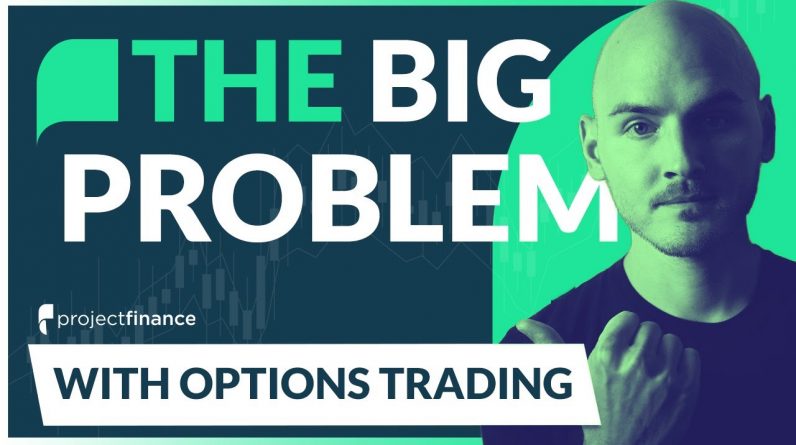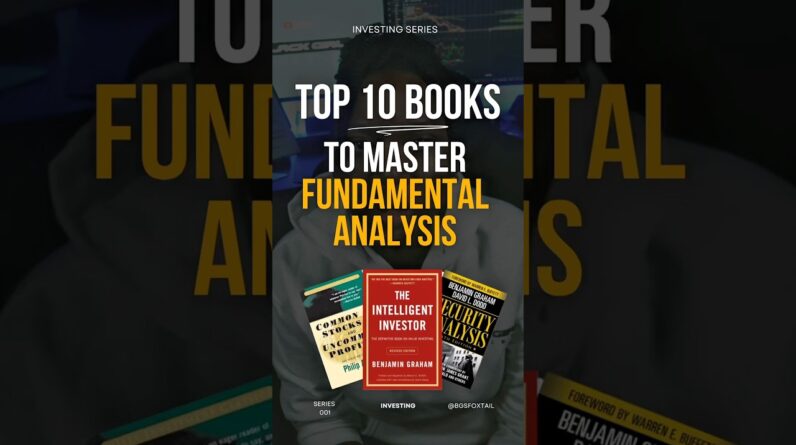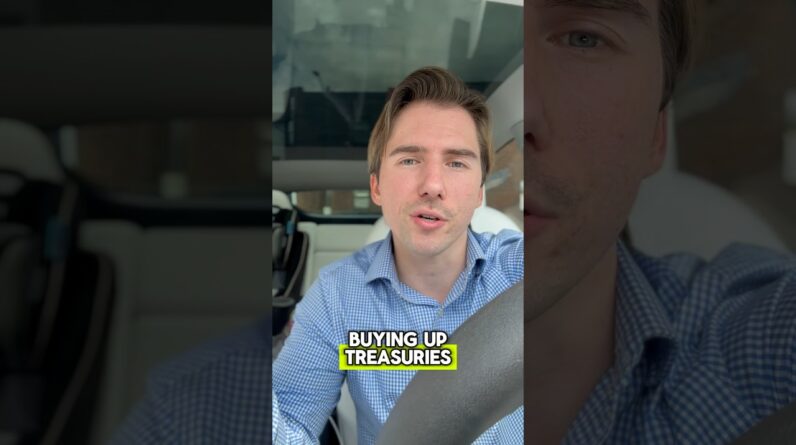
When learning about the world of options trading, many advantages over simple stock investing emerge. These advantages include:
1) The ability to control larger position sizes with small sums of money (leverage), leading to potentially large returns without a large account.
2) Flexibility to choose options strategies for any stock price outcome (increase, decrease, range-bound, or a big move in either direction).
3) Customize probabilities of making money (many options strategies can be structured to have a high probability of profiting).
4) Options are short-term in nature, which means we can be more active and involved with our market positions. Passive investments are quite boring.
But when we learn of these benefits, we can be quick to dismiss traditional investing approaches altogether, which can have disastrous financial consequences. (Check out my other channel which features videos on broader finance/investing topics here: @Chris Butler )
Options are specific financial instruments with common use cases, such as:
1) Reducing risk on existing stock positions, or an entire portfolio. In this case, options are used as a transfer of risk, meaning we put on a position that reduces our risk, while the counterparty to our trade is putting on a position that increases their risk.
2) Gaining leveraged exposure to specific stock price changes with limited downside if we are incorrect about our predictions. In this case, options are being used to speculate.
Speculating with options has benefits over buying stocks on margin (https://youtu.be/RHXBKD6dkSU), because if we fully leverage our accounts in a margined stock position, we can lose everything if the stock price falls less than 100%. With option purchases, we can never lose more than we allocated to the position.
But there’s a huge problem with options trading as a sole approach to building wealth: options are not a store of value.
The best and most sustainable way to build wealth over time with a high probability of success is to purchase assets that serve as a store of value. A store of value is an asset that retains or appreciates in terms of purchasing power through time.
Since options are short-term financial instruments that we cannot just buy and forget about with a high probability of not losing money, options are not a store of value.
By abandoning traditional passive investments in assets that serve as a store of value, we run the risk of not seeing any growth in wealth or purchasing power over time, which is the entire point of engaging in the markets.
By allocating capital to stores of value, we can build a portfolio that retains or grows in purchasing power over time, which allows us to consume more goods and services in the future than we could otherwise afford by consuming our earnings right now.
The purpose of this video is not to say options are bad. They are very effective at accomplishing what they are meant to be used for, but they should not be abused. In my opinion, options should be viewed as a complement to an investment portfolio, but not a substitute for investing in real assets.
Please let me know in the comments if you have any questions, and please share your thoughts on this topic as well! Thanks for watching.
==== ADDITIONAL RESOURCES / VIDEOS MENTIONED ====
My Other YouTube Channel (Finance/Investing/Other): https://www.youtube.com/channel/UCQIPHXnm7ODW0HAdfCr1yDw
@Chris Butler
Options Trading for Beginners (The ULTIMATE Guide): https://youtu.be/7PM4rNDr4oI
Credit Spread Trading Plan (Rules-Based Options Trading): https://youtu.be/XBxDtcPu3PA
=== TASTYWORKS Course Offer ===
Get one projectoption course for free when you open and fund your first tastyworks brokerage account with $2,000 or more: https://www.projectoption.com/free-options-trading-course/
Learn More About tastyworks: https://www.projectoption.com/tastyworks/




